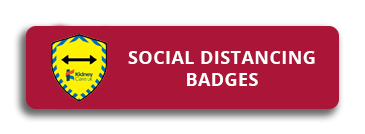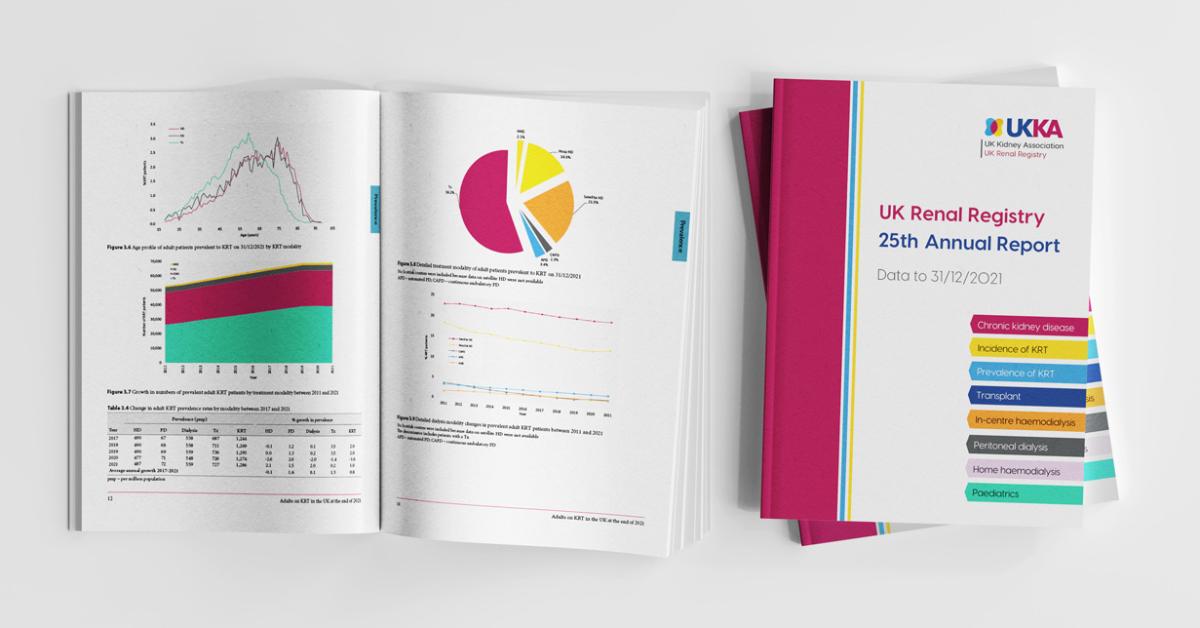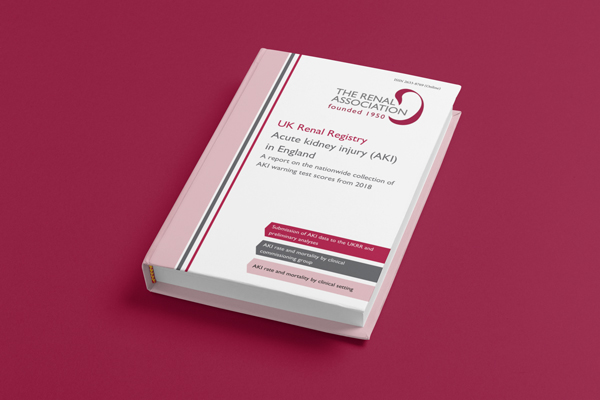Toolkit to help clinicians support patients:
- Summaries of available data of risk in dialysis, transplant and patients receiving immunosuppression for autoimmune kidney disease.
- Generic data sources (not specific to renal)
- Practical tools to help clinicians describe risk and protect patients, including how to communicate the uncertainty in this area and facilitate shared decision making:
UKKA group to assess and explain the stratified risk of COVID-19 in kidney patients
Updated: 28/8/2020
Aim: To provide information and guidance to the renal community on the risk of serious harm from COVID-19 as the initial period of shielding ends
Summary
Shielding measures for renal patients that started in March have been paused on 1 August in England, Northern Ireland, and Scotland. In Wales, shielding was paused from 16 August.
Patients on the transplant waiting list, and within the first three months of a kidney transplant, are recommended to consult with their local kidney unit as exact details of local advice on the levels of self-isolation recommended may differ according to local prevalence.
More recent data, together with expert opinion, are being used to create a new risk stratification grid which can be held in shadow version. This includes quantification of risk for patients with kidney disease which can be used to provide thresholds for the reintroduction of shielding during any second wave of COVID-19 (or local spikes) and to prioritise vaccination once a vaccine is available.
At the time of writing, the government has not agreed to continued additional support (including financial) for those who remain in the most vulnerable groups, including some patients with kidney disease. For example, no additional support has been agreed as yet for patients pre- and immediately post-new transplants, or for patients receiving dialysis treatment and who have additional risk factors through age, gender, ethnicity or co-morbidity and have known high mortality risk if they contract COVID-19.
The RA/BRS is continuing to lobby the government to request additional ongoing support for these most vulnerable groups and is emphasising the importance of recognising and understanding the very significant vulnerability of kidney renal patients at risk of COVID-19.
All data collected to date have been skewed by the effect of shielding. It is therefore imperative moving forward that despite falling cases, the renal community continues to collect data about COVID-19 infection and death rates after de-shielding in order to update advice and guidance.
This document was created by a multi-disciplinary working group of health professionals clinicians and patients with representatives from the British Renal Society, British Transplantation Society, Renal Association, Kidney Care UK, and National Kidney Federation in order to review the best literature and data available that could inform the assessment of risk in renal patients, and in collaboration with patients to create resource to help patients understand that risk so that they are able to make decisions about how shielded they wish to be in the future.
The advice here applies to adult patients over 18 years of age. Separate guidance can be found for children here.
Given the evolving situation, the document will be reviewed fortnightly for the next month and thereafter as the clinical picture changes.
Updated guidance on shielding can be found at:
https://www.gov.scot/publications/covid-shielding/
https://www.nidirect.gov.uk/articles/guidance-shielding-extremely-vulnerable-people









